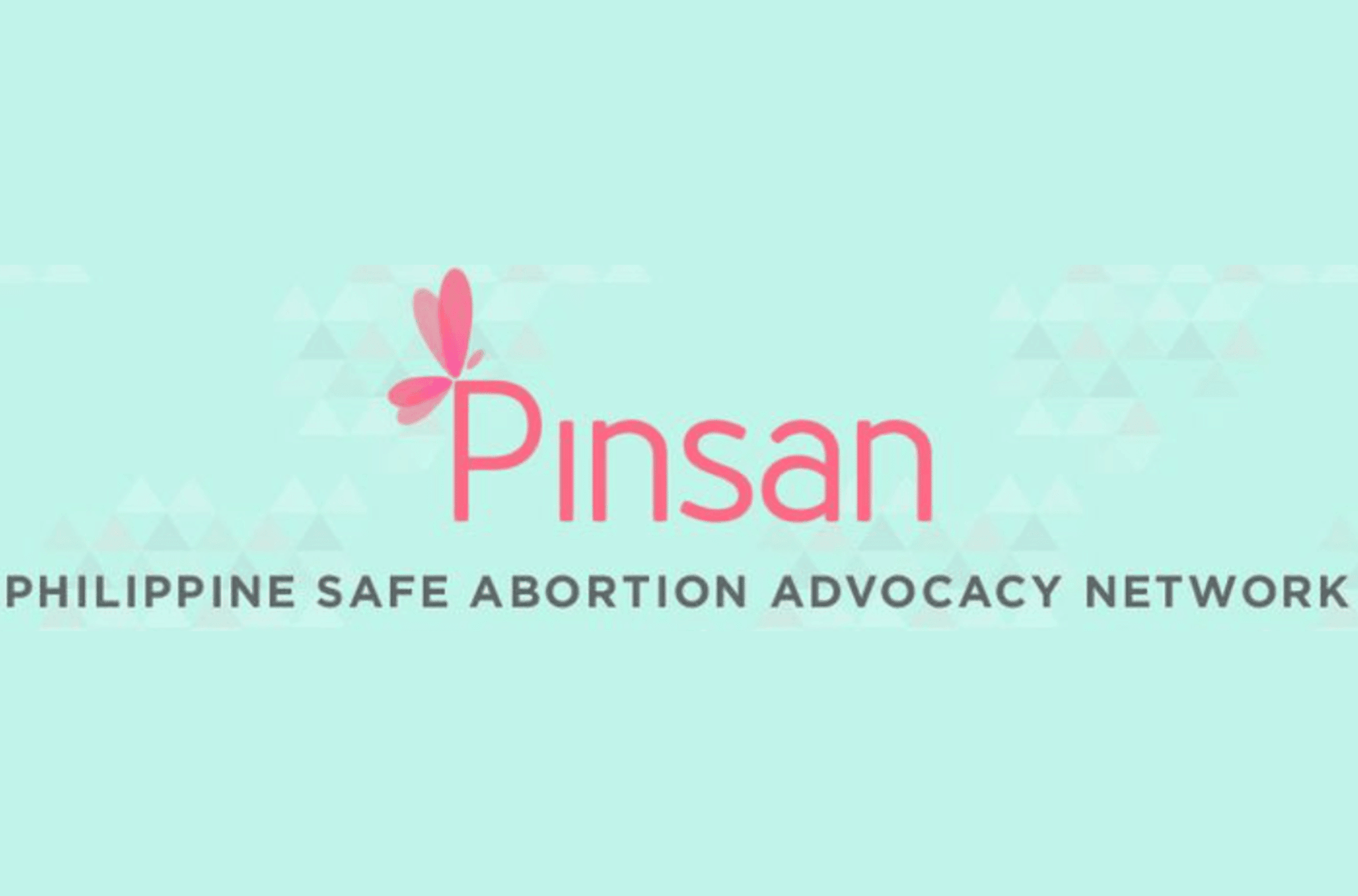
The United Nations Human Rights Committee (UNHRC) has called on the Philippines government to decriminalise abortion and improve sexual and reproductive health services, such as post-abortion care. In a recently released concluding observation at its 136th session, the UNHRC acknowledged the Philippines’ “efforts to reduce unsafe abortion and maternal mortality”. These included conducting maternal death reviews and integrating family planning into other health programmes.
However, UNHRC stressed their longstanding concern over the criminalisation of abortion in the Philippines, which pushes women to undergo unsafe abortions that endanger their lives and health. They also noted “with concern the high number of unintended pregnancies, especially among adolescent girls”. They called on the government to revise its laws to “guarantee safe, legal and effective access to abortion where the life and health of the pregnant woman or girl is at risk, or where carrying a pregnancy to term would cause the pregnant woman or girl substantial pain or suffering.”
In the Philippines, there were 610,000 induced abortions recorded in 2012 despite the country’s strict laws on the medical procedure. Over 100,000 of those women were hospitalised, according to a study by the Guttmacher Institute, and 1,000 died from complications.
According to the Philippine Safe Abortion Advocacy Network (PINSAN), the 2012 statistics show that lack of access to safe and legal abortion has a grave impact on women’s lives and health, translating to:
- 70 women inducing an abortion every hour
- 11 women hospitalised every hour
- 3 women dying every day from unsafe abortion complications.
The figures have also continuously increased over the years, “proportionately with the increasing Philippine population”. Between 2015 and 2018, PINSAN’s data showed that the number of abortions in the country had increased to 973,000 annually. In 2020, it was estimated to reach over 1.26 million.
The UNHRC have also called for the legalisation of divorce and the enactment of comprehensive anti-discrimination laws on the basis of race, ethnicity and religion, and anti-discrimination bills on the basis of sexual orientation, gender identity and expression, and sex characteristics, which are all pending in the national Congress.
SOURCES: Inquirer.net, by Cristina Eloisa Baclig, 7 November 2022 ; Philstar.com, by Xave Gregorio, 5 November 2022



